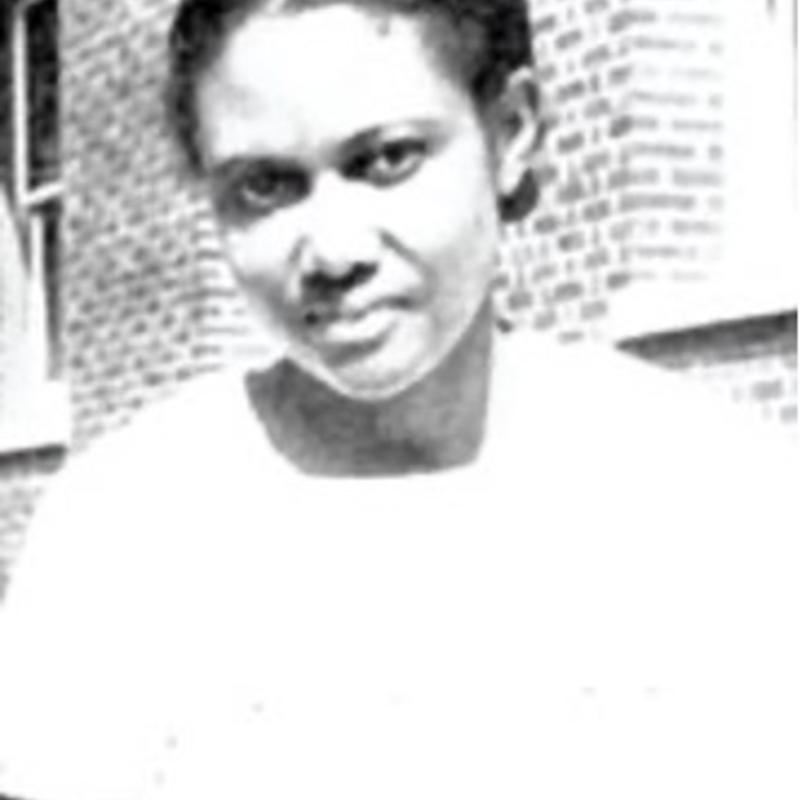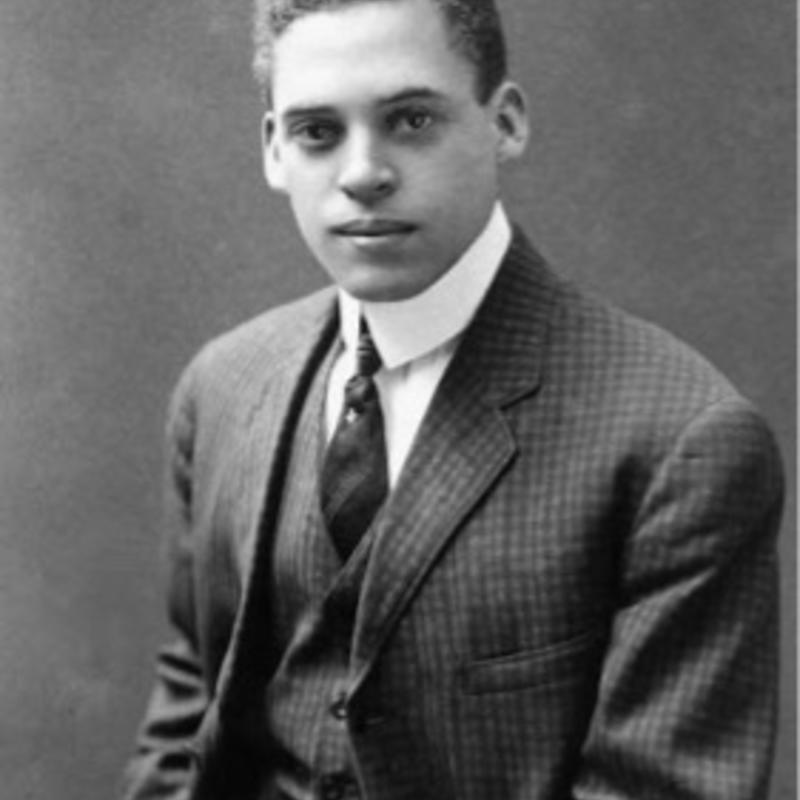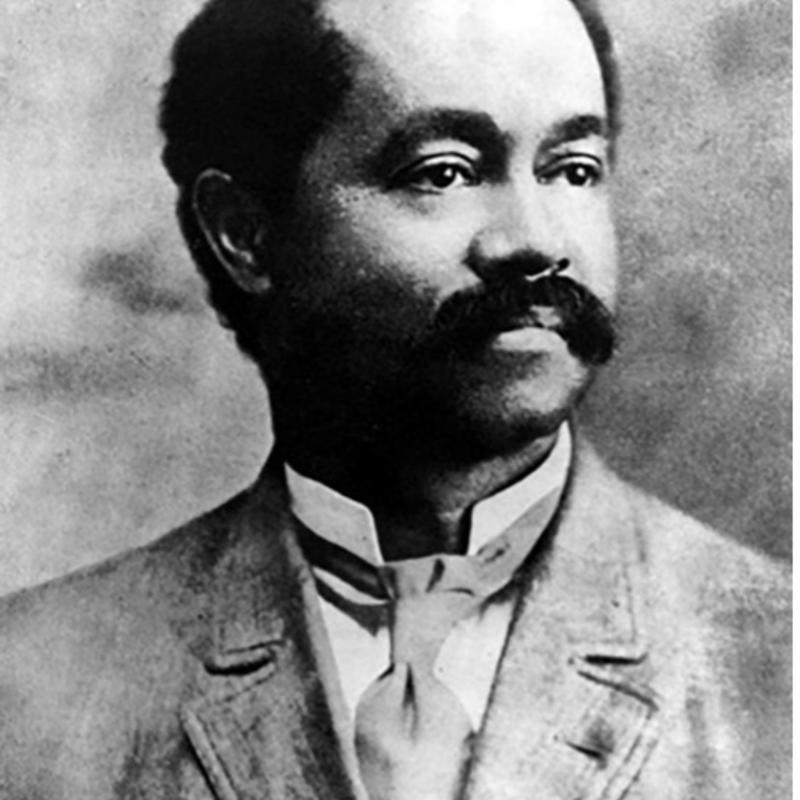“You’ll find us there”: Dr Tanesha Allen for Black History Month 2022
In the second in our series of blogs for Black History Month 2022, Dr Tanesha Allen reflects on her own experience as a Black biologist, and from there looks back at prominent Black biologists.
The Department of Biology is hosting a panel event, 'Being Black in Biology', led by Tanesha, on Wednesday 26th October 1:30 - 2:30pm. If you would like to attend either in-person or virtually, please register here.
It was October 2016, a month into my PhD in the Department of Zoology. I sat near the back of a crowded lecture theatre, barely able to see the panel speakers sitting at the front. It was a Black History Month event, and I had gone there to find some motivation.
As a Black female biologist, I had gotten accustomed to being one of the few Black people – or, in some cases, the only Black person – in classrooms and laboratories. And just a few years prior, I had an enjoyable MPhil experience at the University of Cambridge where the novelty of studying in a new country inspired my American self to extend my time here. This wasn’t anything new, but I was still nervous. And I knew why.
Of course, there was the typical imposter syndrome that comes from beginning a PhD, especially at an institution like the University of Oxford. But it was also because I returned to the U.K. four months after the Brexit Referendum and a month before the 2016 U.S. Presidential Election – a time when it was explicitly clear that certain people weren’t welcomed in either country. Major aspects of my identity – my race, my gender, my immigration status – were being criticised during a time when I needed the most support, and I didn’t know where or whom to turn to. That’s how I found myself at that Black History Month event where, during the question-and-answer portion, a Black woman stood up from the front of the audience. I remember her turning to the rest of us and saying, “No matter what field you’re in, look up the history of it because you’ll find us there.”
As soon as I returned to my college accommodation, I searched for “Black zoologists” and was dismayed by the lack of results. But I found them nonetheless.
Roger Arliner Young (1899-1964)
Dr Roger Arliner Young was the first Black American woman to earn a doctorate in Zoology. Her scientific research primarily focused on marine biology and covered topics like the morphology of Paramecium caudatum, fertilisation in marine organisms, and the effects of radiation on sea urchin eggs. Alongside her academic work, she advocated for racial justice and the labour movement in Durham, South Carolina. More details about her story can be found here.

Image from the BBC
Ernest Everett Just (1883-1941)

Image from BlackPast
Dr Ernest Everett Just served as the head of Howard University’s Department of Zoology and as Roger Arliner Young’s mentor. His cytology, embryology, and marine biology research highlighted the importance of the cell surface during fertilisation. Racial injustice prevented him from obtaining a position at a major American university, and this led him to pursue a research career in Europe. He was briefly held as a prisoner-of-war during the Nazi invasion of France and returned home in 1940. More details about his story can be found here.
Margaret Strickland Collins (1922 - 1996)
Dr Margaret Strickland Collins was the first Black American woman to earn a doctorate in entomology. At only 14 years old, she attended West Virginia State College before obtaining her PhD at the University of Chicago. Her extensive work on termites resulted in over 40 publications and the discovery of a new termite species (the Florida damp wood termite, Neotermes luykxi). While being a professor (and later the chair of the Biology Department) at Florida A&M, she advocated for racial justice during the Civil Rights Movement. Her activism eventually attracted the attention of the FBI. More details about her story can be found here.

Image from The Ethnogram
Charles Henry Turner (1867-1923)

Image from BlackPast
Dr Charles Henry Turner was a zoologist, entomologist, and comparative psychologist who made significant discoveries in insect behaviour. Over 33 years, he discovered that honeybees can perceive visual patterns, that cockroaches alter their behaviour based on past experience, and that insects can detect variations in pitch. Furthermore, he was the first Black American to publish in the journal Science. More details about his story can be found here.
Six years later – after finishing a PhD during Brexit, a controversial U.S. presidency, a pandemic, a global reckoning with racism following George Floyd’s murder in June 2020, and a multitude of personal challenges that would require an entire book for me to properly explain – I searched for “Black zoologists” to write this blog. That search term hadn’t been on my mind (or on my laptop) since that Black History Month Event. So, when I typed it in, I was stunned to find myself on the first two pages of the search results. I’ll attribute that to the algorithm for now.
Yet six years later, that woman’s words rang in my ears again. “No matter what field you’re in, look up the history of it because you’ll find us there.”
And she was right. I finally found myself.

